Intro
Pregnancy is a critical period in a woman's life, and it's essential to maintain a healthy diet to ensure the well-being of both the mother and the baby. While it's crucial to consume nutrient-rich foods, there are also certain foods that should be avoided during pregnancy due to their potential risks. In this article, we'll explore the foods to avoid while pregnant, their potential risks, and provide guidance on how to make informed dietary choices.
A healthy pregnancy diet is all about balance and variety. However, some foods can pose a risk to the unborn baby, and it's essential to be aware of these foods to minimize potential complications. Foods that are high in mercury, undercooked or raw, and contaminated with bacteria or other pathogens can be particularly hazardous. By understanding which foods to avoid, pregnant women can take proactive steps to safeguard their health and the health of their baby.
Pregnancy is a time of significant physical and emotional change, and a woman's diet plays a critical role in supporting her overall health and well-being. A well-planned diet can help alleviate symptoms such as morning sickness, fatigue, and mood swings, while also providing essential nutrients for fetal development. On the other hand, consuming foods that are high in sugar, salt, and unhealthy fats can lead to complications such as gestational diabetes, high blood pressure, and excessive weight gain. By making informed dietary choices, pregnant women can reduce their risk of pregnancy-related complications and promote a healthy pregnancy outcome.
Foods High in Mercury
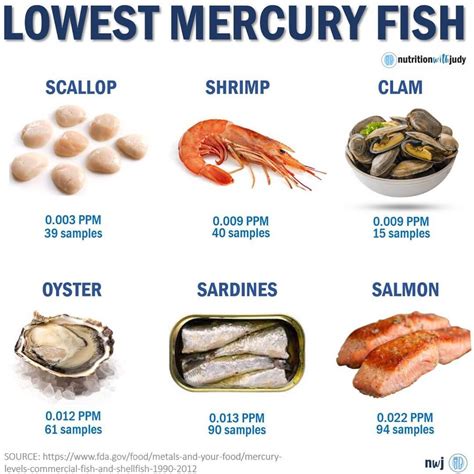
Safe Fish Options
While it's essential to limit or avoid fish high in mercury, there are still many safe fish options that can be included in a pregnant woman's diet. These include: * Salmon * Sardines * Anchovies * Trout * Cod * ShrimpUndercooked or Raw Foods
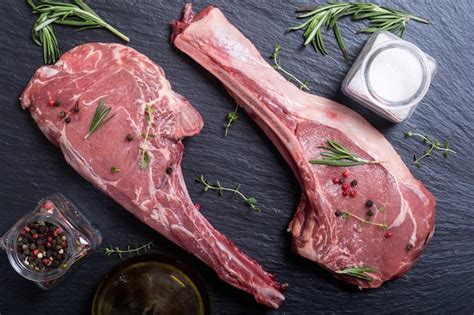
Safe Food Handling Practices
To minimize the risk of foodborne illness, pregnant women should follow safe food handling practices, including: * Washing hands frequently with soap and water * Cooking foods to the recommended internal temperature * Avoiding cross-contamination of foods * Storing foods at the correct temperature * Avoiding foods that are past their expiration dateFoods Contaminated with Bacteria or Other Pathogens
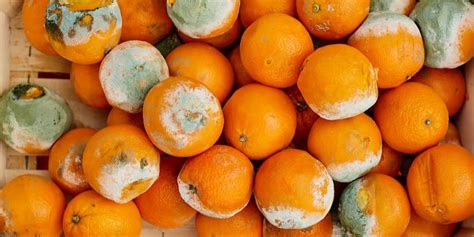
Safe Food Choices
To minimize the risk of foodborne illness, pregnant women should choose safe food options, including: * Pasteurized dairy products * Cooked or pasteurized eggs * Washed and cooked fruits and vegetables * Cooked or pasteurized meat, poultry, or seafood * Foods that are within their expiration dateOther Foods to Avoid
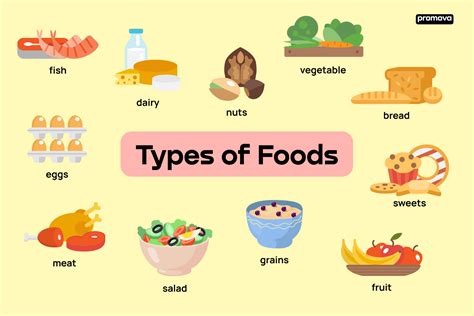
Healthy Alternatives
To maintain a healthy diet during pregnancy, women should focus on whole, nutrient-rich foods, including: * Fresh fruits and vegetables * Whole grains, such as brown rice, quinoa, and whole wheat bread * Lean protein sources, such as chicken, fish, and beans * Healthy fats, such as avocado, nuts, and seeds * Low-fat dairy products, such as milk, cheese, and yogurtNutritional Supplements
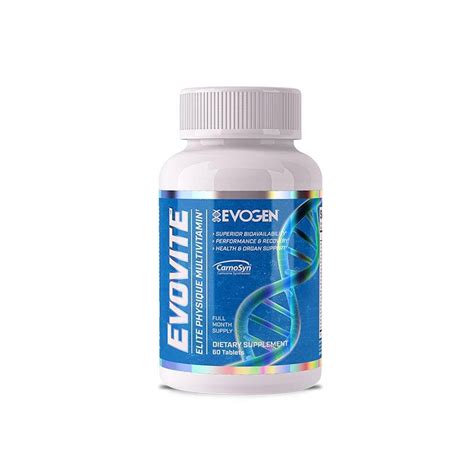
Consulting a Healthcare Provider
Before taking any nutritional supplements, pregnant women should consult their healthcare provider to determine the best course of action. A healthcare provider can help women determine their individual nutritional needs and recommend supplements that are safe and effective.Conclusion and Next Steps

What are the most critical foods to avoid during pregnancy?
+Foods high in mercury, undercooked or raw foods, and foods contaminated with bacteria or other pathogens are the most critical foods to avoid during pregnancy.
Can I eat fish during pregnancy?
+Yes, but it's essential to choose fish that are low in mercury, such as salmon, sardines, and anchovies. Avoid fish high in mercury, such as shark, swordfish, and king mackerel.
How can I ensure a healthy pregnancy diet?
+To ensure a healthy pregnancy diet, focus on whole, nutrient-rich foods, including fresh fruits and vegetables, whole grains, lean protein sources, and healthy fats. Avoid foods high in sugar, salt, and unhealthy fats, and consider consulting a healthcare provider or registered dietitian for personalized nutrition advice.
Are nutritional supplements necessary during pregnancy?
+While a well-planned diet can provide all the necessary nutrients for a healthy pregnancy, some women may require nutritional supplements to fill any gaps. Consult a healthcare provider to determine the best course of action and to recommend supplements that are safe and effective.
How can I stay informed about pregnancy nutrition?
+To stay informed about pregnancy nutrition, consult reputable sources, such as the American College of Obstetricians and Gynecologists (ACOG) or the Academy of Nutrition and Dietetics. Additionally, consider speaking with a healthcare provider or registered dietitian for personalized nutrition advice.
